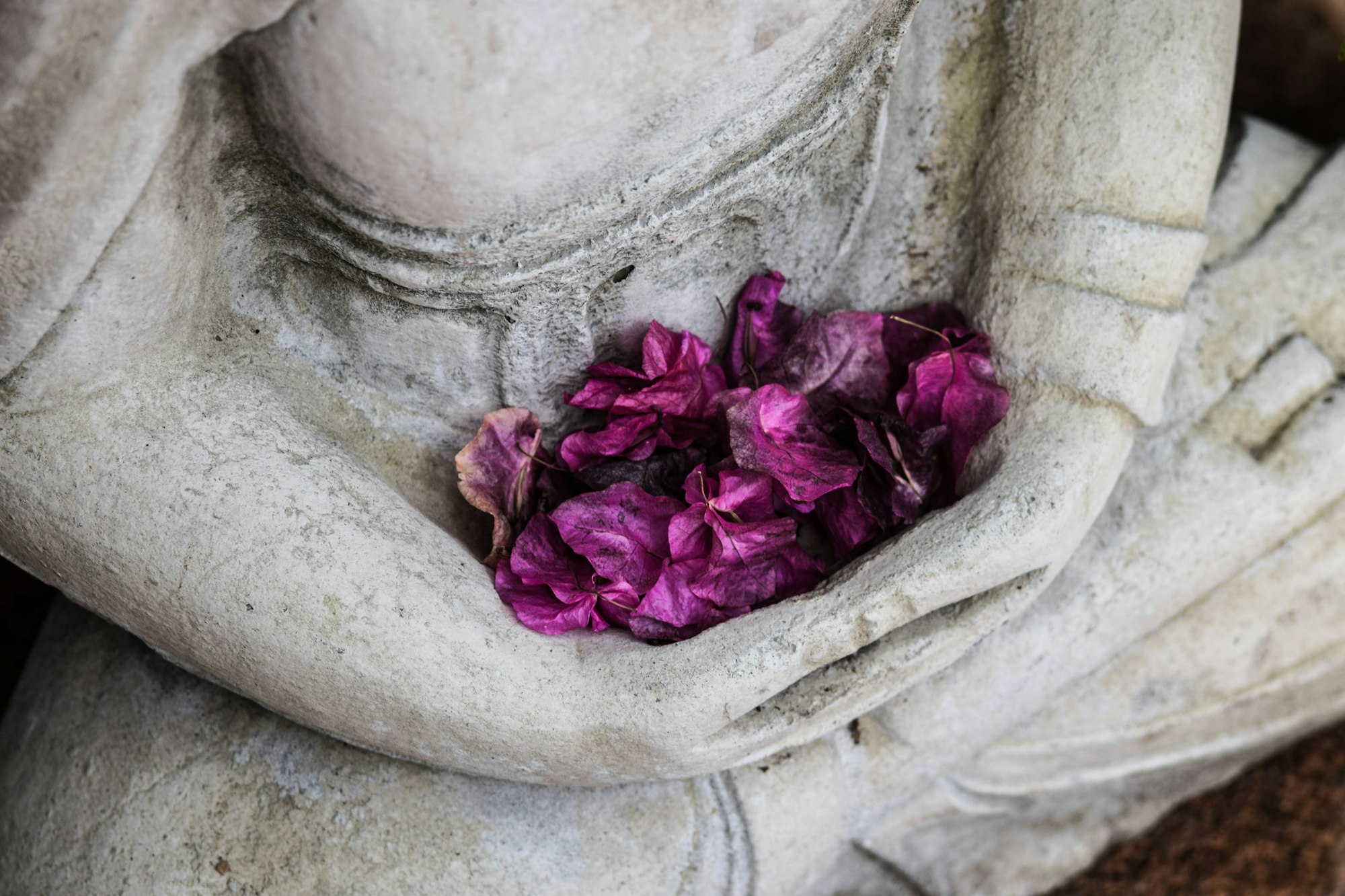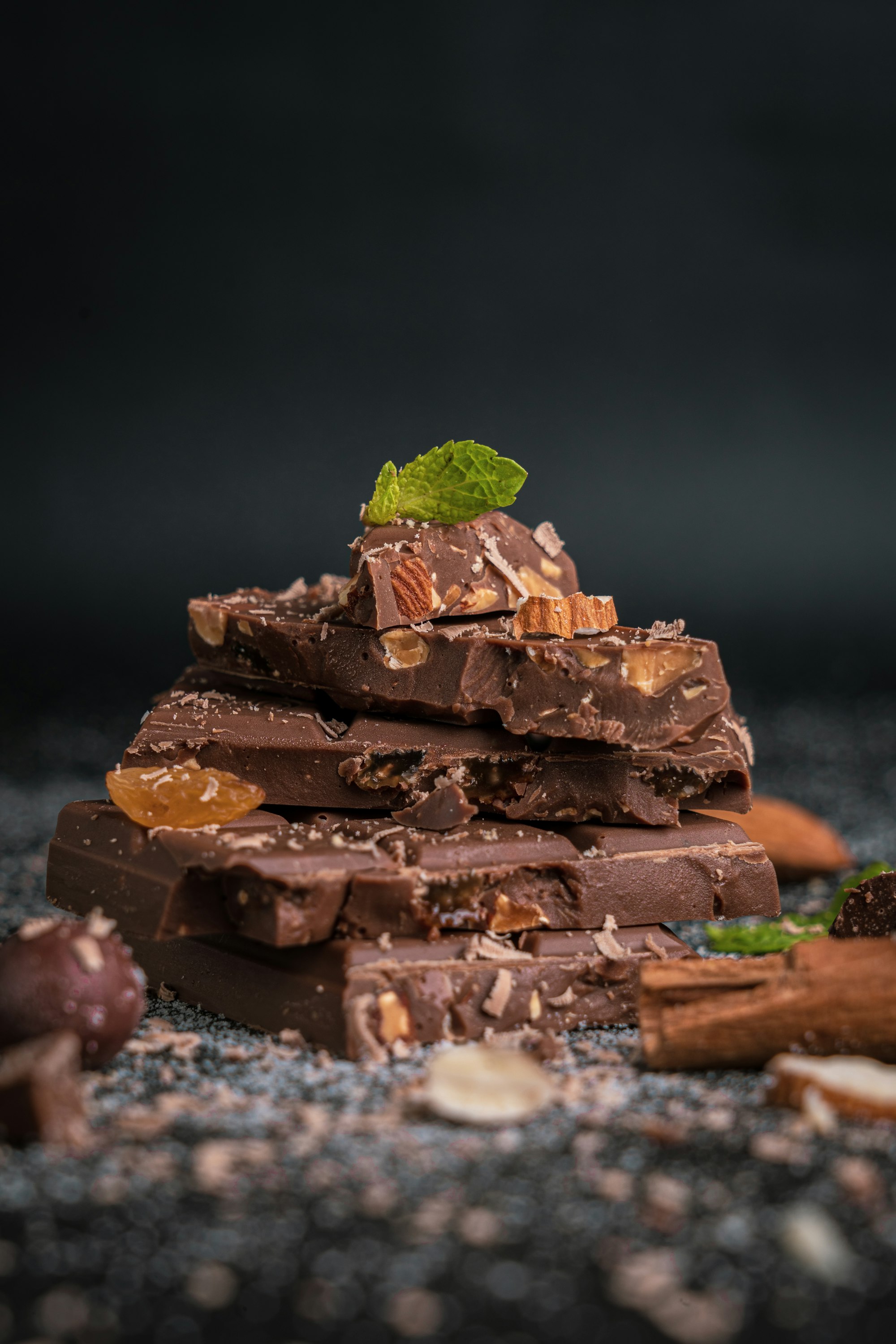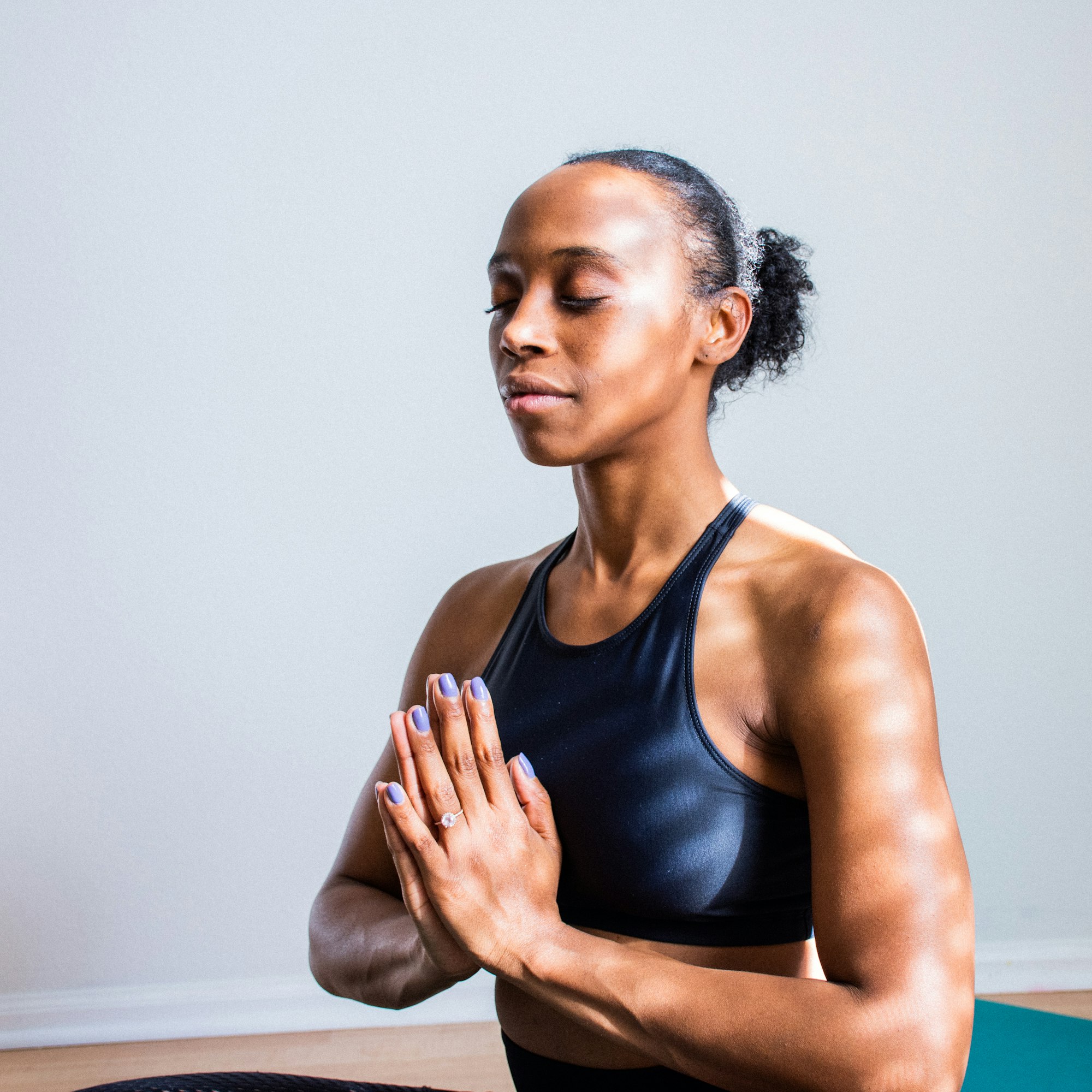
The Buddha stands, sits and reclines all over my house. That doesn't make me mindful. Here's what might.
This past week I responded to a HARO (Help a Reporter Out) inquiry, and the writer responded with a few more questions. As often happens, my lengthy response was in and of itself an article, and I am going to draw from what I wrote to her to make some points.
This piece is only about mindfulness, that popular, wildly misused, misunderstood notion that has been added to our to-do list as one more thing to do, vs BE. And therein lies the problem. The writer, a PhD researcher in Israel, asked me to discuss being in the moment, in this regard, say, when I am negotiating with myself about whether or not to indulge in that bar of chocolate in the checkout aisle at REI.
Here is what I wrote:
Mindfulness, and being in the moment
First and foremost, perhaps the only folks on earth who are mindful are Tibetan monks. Perhaps. (For those who might have missed it I'm being sardonic. Lots of folks practice it )It's our nature to be distracted. Given the advent of social media, we have twin and warring factions: the bandying about of terms like "mindful," which people discuss without the slightest idea of what this means in practice, and doing so to sound up-to-date and with it. That is at war with our mindlessness, our ways of being in an uber-busy and distracting world, a parasitical world designed to prey on us via distractions. Dear god, even the Veteran's Administration, that most staid of bureaucracies, talks about developing mindfulness.
If any part of any military institution were mindful, folks, there would be no wars or no need for the VA in the first place. But I digress.
It's an embarrassing joke to any student of Buddhism, which I am, and I am a very bad one at that. We talk about mindfulness out one side of our mouths while being off in a thousand directions in our minds, being anywhere but where we are right here, right now. The state of mindfulness means being wholly, completely in the present, the here and now. We may perhaps hold that thought for a fleeting second, only to be swept away by what we're having for dinner, the muffin top we're trying to lose, the war in Ukraine, that idiot thing my husband said, blah blah blah. BLAH. We are not mindful, and even those storied monks struggle to hold being in the present for any length of time.
The very beginning of any kind of spiritual awareness is to be aware of what I am doing/thinking in that moment. And to actually consider it, such as, I'm feeling angry, or tired, or mad, or happy, that meta-consciousness of being aware that I am aware. Fully being in myself means being able to step outside this body, this consciousness and to consider this body, this consciousness from outside it, to watch what I am doing, saying AS I am doing, saying it.
For example, how aware am I as I peruse the chocolate bars at REI before I check out, that I can watch myself peruse those bars, that I am able to assess the desires which course through me, and dispassionately consider all the ramifications of buying 600 calories of nothing but sugar?
Most of us register the want and only the want, for that want allows, at least in our overheated imaginations, a quick escape from all the noise. The urge to merge with someone we find sexy, damn the consequences, or to nap, or whatever the body/mind is asking of us, or negotiating for. Wheedling, if you will, "just this once," it says, "I want that bar, I won't do it again." We negotiate with ourselves without being able to see that we are doing it.
Mindfulness allows us to watch the desire rise, watch the negotiation begin, and to have a sense of humor about the process ("just this once," as with any toddler, turns into "every time we go through the checkout lane"), to ask the self how many times I've heard this before (a lot) and what was the cost of having succumbed. All these thoughts happen at quicksilver speed. Right here, right now.
IF we are mindful, which is rare as a chambered Nautilus, we can hold a space as we are at the checkout lane, checking out the choices of milk or dark, almond or caramel. That space can also hold all those judgmental thoughts. Those arise from the basement of our inner worlds, the carefully-constructed and perfectly-timed messages which authority figures and media in general have inserted into our ways of being. Those rise, swirl around as we look at the chocolate.
The child in us wants the chocolate, but we don't see that part as the child it is. The child in us also wants to disobey the parent and demonstrate independence. "I'll have it anyway, the hell with you."

Which is why, in a world full of dietary admonitions about eating our vegetables, so many of us respond with a "screw you," and chow down on ultra-processed foods. We hardly recognize that it's often a very childish response to the perceived authority figure (parents, doctors, government) and think that by eating that third piece of pie we are stating our freedom. Nothing could be further from the truth.
Freedom is freedom from self-imposed suffering. That takes developing an awareness of where we cause ourselves suffering. That takes mindfulness. Mindfulness is hard damned work and not something you add to your daily to-do list. It's what we ARE, not what we do.
The immature parts of us which are driven by immediate gratification all too often drown out those wiser parts of us which argue for self-care, not self-indulgence. We aren't privy to the discussion because we have people behind us in line, we want what we want, we forgot to put apples in the car for snacks, all those factors. What is before is right here, right now, is temptation.
That combined with the thousands of messages we are bombarded with every single day to distract us from photos of chocolate cake to "You Deserve a Break Today" kinds of messages which push us to indulge. Is it any wonder we aren't mindful? We cannot be mindful, in the moment, and aware of the choices we have before us when we are so constantly bombarded, distracted and forever exhorted "just this once." "You deserve it."
Mindfulness, which is developed over a lifetime of practice, can give us the ability to watch the desires, watch the petty arguments, watch the negotiations, have a good laugh at them, and swiftly do the calculation before reaching for the bar and then, in a moment of pure self-awareness, say "I love myself enough to NOT choose to do this."
I have been known to buy the bar anyway, bite off a tiny piece, start walking VERY fast and drop the damned thing into a trash can before I can change my mind.
IF we are willing to do the work, then in the nano-seconds that we have to make that chocolate bar decision, we can 1) understand that such temptations will ALWAYS be there. They will NEVER EVER EVER stop. 2) The cost of succumbing is far more than the chocolate. It's the ingraining of a habit, so that every time I walk by the chocolate display at REI I have this guilty pleasure moment of giving myself a treat, which hit all the dopamine receptors, and boy wouldn't it be nice. Then I do it again, and a third time.
Charles Duhigg in The Power of Habit speaks to how we begin such habits by taking the kids to McDonalds one night a week. In no time, because of the ease, convenience and taste rewards, now it's seven days a week. We hardly even know it's happening, that is what happens when we aren't mindful. We do not take into consideration the cost to us of making that single decision of getting the chocolate bar. How many times have I done this already? Is this now a habit? What is the cost to me?
That kind of critical thinking comes of mindfulness, building better and different habits. They do not come of compulsive behavior. Increasingly we are a species of wants-driven creatures, without conscience about the consequences.

We see that all over the Internet and in society, people acting without any kind of restraint at all about much of anything. Utterly out of control, thinking it's freedom and living in a prison of their untrammeled, uncontrolled impulses.
Another part of mindfulness is being completely IN our bodies. In one sense, we so closely identify with our physical selves that we don't understand the body at all, its role, its magnificence. It's a skin suit with a job to do, and that's to serve our spiritual development and growth. If I am truly mindful, then part of my journey is to recognize that an ill body is yet another distraction from evolution and the Deep Work I came here to do.
Because it serves society, which makes profit from our misery, to convince us that we ARE our bodies, that our bodies reflect our complete selves and not simply house that self, then we get whipsawed by both desire and guilt 24/7. A person with a modicum of mindfulness recognizes that the body is temporary housing. We have a huge responsibility to feed and exercise it so that it moves us through life in a way which allows us to experience, love, have losses, grow, etc.
A sick body is a distraction, but a sick body makes money for every single bad operator in a capitalist society. There is no profit in a well body. As long as our misery makes others money, the battle for our minds is going on all the time, so the very idea of mindfulness has been turned into a for-profit business. It boggles the mind, what we have of it to ourselves, anyway.
So there is an all-out war for our attention, and the weapons are considerable. We can spend, on average, up to eleven hours a day on some kind of device. We are constantly bombarded with notifications. Ding ding ding DING. We lose concentration on the report we're writing every time someone hits us from Facebook. Studies on this abound, and on top of this, the media we use also bombards us with ads. Digital marketing folks estimate that we get hit with between four and ten thousand ad messages a day.
In the middle of this maelstrom, we have hunger, both real and imagined, exhaustion, both real and imagined, and all the physical messaging that the natural body communicates to us which most of us have no idea how to interpret. We hardly know our own emotions, which is infinitely shaded. We are afraid of them, at best, and often seek to bury them in that chocolate or that sex or that distraction.
To that: more of us eat when we are thirsty, because we misunderstand the signals. We're not aware, we act on an impulse. If we were mindful, we'd query the body whether what we really need is a bottle of cool water vs a Big Mac. Most of us choose the Big Mac. That's how out of touch we are with our physical bodies.

To develop mindfulness, which is another whole journey, starts with being able to turn all this noise OFF. We hardly know our own minds, we are not familiar with the monsters in our basements, we are terrified of the Voices which rise out of the dungeon of our minds because we don't have the wherewithal to challenge them: WHO THE EFF ARE YOU?
Developing mindfulness allows us to challenge, question, and strip the Voices (often of parents, teachers, preachers, pastors, priests et. al. who are critical and abusive) of their agency. If we don't take the time to sit with ourselves, our silence, allow those to rise, face them down and look them in the beady eye, those Voices simply become part of the driving cacophony which we're trying to escape. Then, the chocolate, the martini, the easy and unsafe sex, whatever it is that distracts us, is very difficult to resist, for it offers a temporary oasis.
The mind offers an extraordinary oasis in the middle of great chaos but only if we train it. We need to find the inner silence, which is available to all of us. The works of Jon Kabat Zinn are powerful in this regard, but they are great huge tomes, not 140 character memes.
Where we are today, we want memes, we want easy, we want swift relief and answers rather than the answer that it takes a lifetime of work. Mindfulness right now is a parody of what it actually means in practice. I most assuredly don't have it, but I work at it far more than many.
I have life-sized Buddhas in my home and my gazebo. Buddhas from all over the world all over the house. They are soothing, but they don't make me mindful. Nothing external can do that for me, and no self-study program can truly help me march down the basement steps into my inner world with a Mag light to face off with its horrible inhabitants. That is my work, as it is for us all.
The self-awareness I have has been developed over decades, and even so I succumb to the messaging when I'm not careful. It's nearly impossible to swim against a tsunami wave, which is what we've created.
But I do it anyway because I am committed. The benefits are worth the work.

I invite my Patreon subscribers to comment on this and your personal journey towards developing self-awareness.
***
Dear Walkabout Saga Reader:
If my work appeals to you, may I kindly invite you to consider joining those Patreon supporters whose generosity keeps the gas in my tank as it were. Those supporters get to dictate my content calendar, we engage as a community, and this website and its content acts in service to our collective best selves.
You can explore that option here.
However you decide to partake of my writing, thank you.
Comments powered by Talkyard.